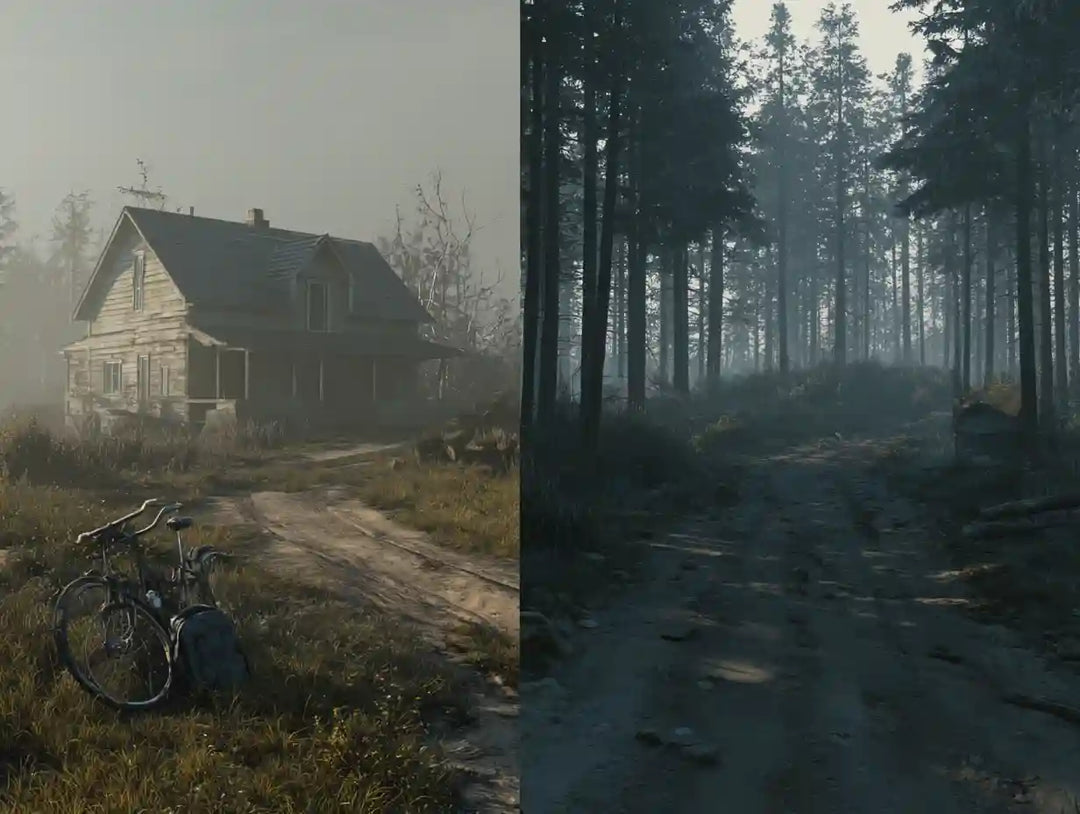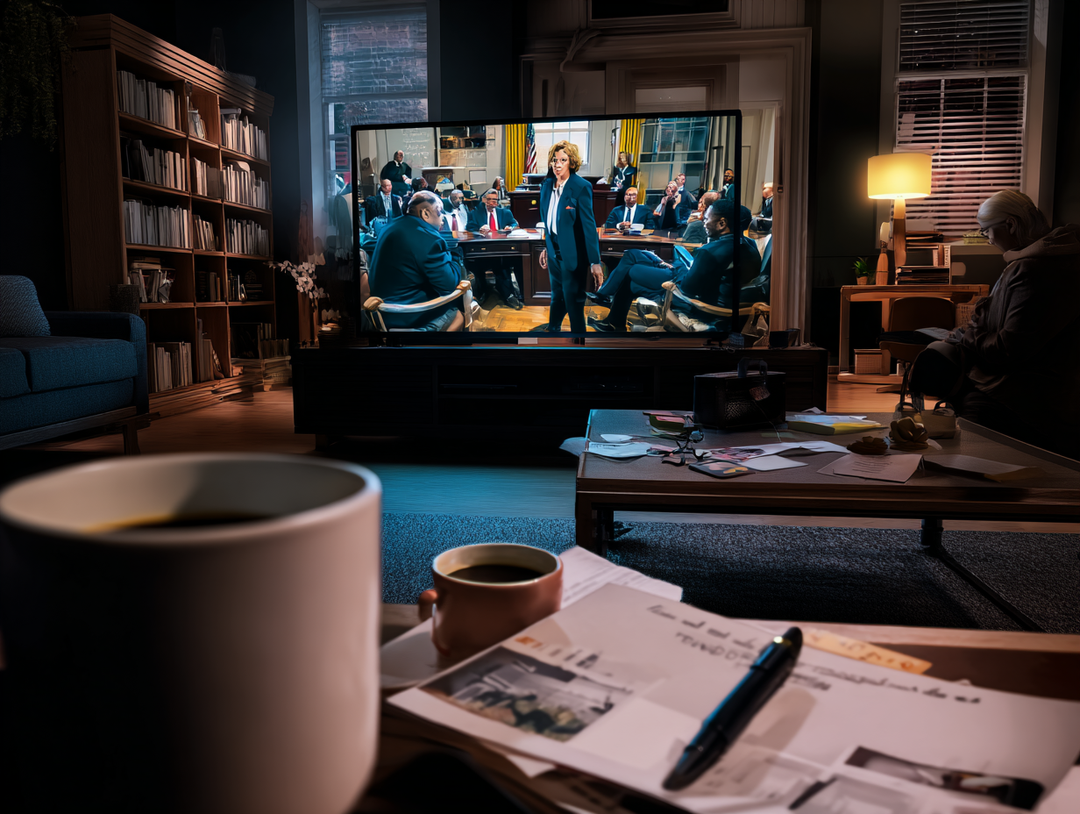Quincy Jones helped define music in several genres, but you might not know his influence in the world of crime fiction and related film scores. If you’re a fan of murder mysteries and true crime, you already appreciate the tension, emotion, and visceral excitement of a well-told story. Adding the right soundtrack serves to heighten that experience—pulling you deeper into the world of deception, clues, and intrigue.
Jones was a musical giant who composed scores for multiple crime and mystery-based films. He brought something unique to each, marrying elements of jazz, blues, and traditional orchestrations with the action unfolding on screen. This wasn’t just background music—it was a signal to the audience of impending danger, subtle clues, or deep personal struggles for the characters.
One of Quincy’s early works was the soundtrack for *The Pawnbroker* (1964). The film's gritty, real-world setting depended on its hard-hitting score to fully immerse viewers in the complex inner world of its protagonist. This soundtrack was lauded for its dynamic use of jazz within a somber storyline.
Jones later went on to score *In Cold Blood* (1967), based on Truman Capote’s nonfiction book about the real-life murders of the Clutter family. The blend of a crime thriller with Jones’ perceptive score gave the film an atmospheric weight. His work was complex, yet accessible. It flowed naturally with the film, amplifying moments of tension but never overwhelming the narrative.
Consider how these qualities translate into the world of murder mystery games or cold case file recreations. Music accomplishes several things:
- It creates suspense. Jones was a master of timing. The right note at the right moment can mirror the rising tension in a room. This can set the perfect mood in a murder mystery game as players reach pivotal points in the narrative.
- It reinforces the emotions of a scene. Are the stakes escalating? Does a player grow closer to solving the crime? Music provides subtle clues and cues that push the story forward.
- It makes moments memorable. When a piece of music complements a plot twist or reveal, the audience normally remembers that moment longer. Crime fiction thrives on big reveals, and music helps sustain those climactic moments.
In TV shows such as *Ironside* or *Sanford and Son*, Jones’ music added another layer of identity to characters and told audiences what to expect. The opening tracks worked almost as introductions, setting your expectations for what would follow. With murder mystery games, you can apply a similar principle. The right backing track as players enter the game primes them, signaling a mental shift—they’re no longer themselves but immersed in the mystery.
If you're a fan of true crime, you know how investigating clues or tracing back someone's last moments requires focus. Our cold case games mimic that structure. You sift through evidence, piecing together stories from conflicting details. When Quincy Jones scored crime films, he had to balance the music between the background noises of investigations and dialogues that revealed critical character elements. You get that same careful, slow build when piecing through evidence in a cold case file game. It takes patience and timing to solve the mystery.
Jones also mixed genres to create unique tonalities in projects like *The Heat of the Night* (1967). His use of strings, synthesizers, and jazz mixed together signaled the clash of culture and tension present in the plot. In our games, you experience a form of this as the storyline unfolds—multiple plot elements converge, demanding that you balance facts, logic, and cold intuition in the pursuit of answers.
Much like Jones who adapted to constraints (deadlines, time), our mystery games require adaptability. They challenge you to think critically within the boundaries of the provided clues. There are always certain disadvantages to planning a murder in real life, and likewise, you won’t have all the answers laid out in one session while working through our cases. Patience, strategy, and attention to detail are key ingredients—just as Jones utilized strict deadlines to create his masterpieces under pressure.
Many of Jones’ film scores live on today. *The Italian Job* (1969) or *The Anderson Tapes* (1971) remain influential works sampled in multiple modern genres, from Gang Starr to Eminem. For fans of true crime, this adaptation of older work into newer contexts can mirror how we engage with cold cases—using modern perspectives and techniques to uncover long-past secrets. Our true crime games offer a similar sense of satisfaction as you use careful research to crack open previously unsolved cases.
So how can you take this immersive experience home? Our murder mystery games give you the opportunity to step into these narratives, using the same tools a detective would. You’ll track clues, connect pieces, and ultimately, face that final reveal. What Quincy accomplished with his music was the ability to wrap an audience in sound and pull them deeper into a story’s emotion. Our games use that same mentality to heighten your investigation.
Ready to step into the detective's shoes and solve a mystery yourself? You know the thrill of connecting dots in a tightly woven crime story. Now, it’s your turn to piece them together in an interactive experience. Explore our range of cold case files and see if you have the persistence Quincy’s complex scores always demanded.







